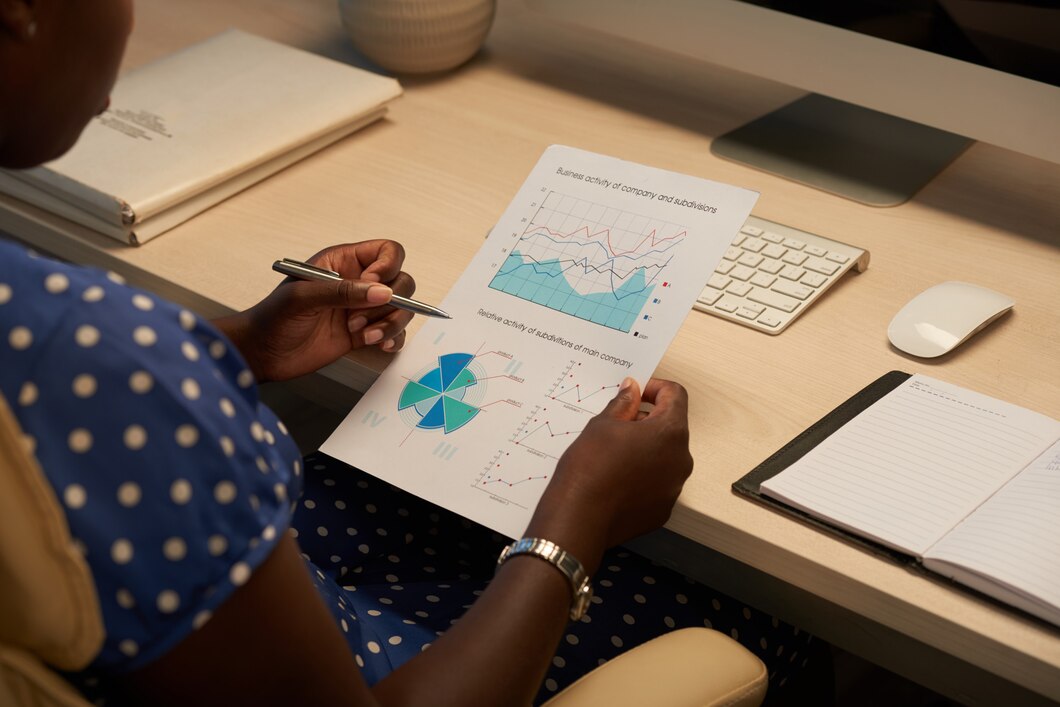Launching a startup in Botswana, a country with a supportive entrepreneurial ecosystem and steady economic growth, requires careful planning. One essential step is conducting a feasibility study. This process helps entrepreneurs determine if their business idea is practical, profitable, and sustainable. A thorough feasibility study can save time, money, and resources while increasing the likelihood of success. Here’s a step-by-step guide tailored to the unique business environment of Botswana.
1. Understand the Purpose of a Feasibility Study
A feasibility study assesses the viability of a business idea by analyzing factors like market demand, financial requirements, operational needs, and potential challenges. For startups in Botswana, it’s particularly important to consider:
- Market size and demand, especially in sectors like agriculture, tourism, and renewable energy.
- Regulatory requirements, such as permits and licenses from authorities like the Companies and Intellectual Property Authority (CIPA).
- Local and regional competition.
2. Conduct a Market Analysis
Understanding the market is a critical component of a feasibility study. Follow these steps:
- Identify Your Target Market: Determine who your potential customers are based on demographics like age, location, and income. For example, urban areas like Gaborone may favor tech startups, while rural areas may be ideal for agribusinesses.
- Assess Market Demand: Research the demand for your product or service using surveys, focus groups, or existing market reports.
- Analyze Competitors: Identify direct and indirect competitors, their strengths and weaknesses, and market share. Use this information to find gaps your business can fill.
3. Evaluate Technical Feasibility
This step focuses on the practical aspects of running your business:
- Location and Infrastructure: Consider whether your business location offers access to customers, suppliers, and reliable infrastructure. For instance, startups in Botswana’s tourism sector may benefit from proximity to wildlife attractions like the Okavango Delta.
- Technology and Equipment: Determine the tools and technology you’ll need to operate effectively.
- Supply Chain: Assess the availability and cost of raw materials, especially if your startup relies on imports.
4. Assess Financial Feasibility
Understanding the financial implications is key to determining if your business is viable.
- Startup Costs: Calculate the initial investment required for equipment, office space, marketing, and legal fees.
- Operating Costs: Include ongoing expenses like salaries, utilities, and inventory.
- Revenue Projections: Estimate potential earnings based on market research.
- Funding Sources: Identify how you will fund your startup. In Botswana, options include government programs like the Youth Development Fund, grants from CEDA, or private investors.
5. Review Legal and Regulatory Requirements
Botswana’s business environment is regulated to ensure compliance and fairness.
- Business Registration: Register your startup with CIPA.
- Licenses and Permits: Identify specific licenses your business might need, such as health permits for food-related businesses.
- Tax Obligations: Understand corporate tax rates and VAT requirements in Botswana.
- Employment Laws: Ensure compliance with Botswana’s labor laws when hiring employees.
6. Analyze Economic and Social Factors
Botswana’s unique socio-economic environment can influence your startup’s success.
- Economic Stability: The country’s stable economy and favorable business policies are beneficial, but consider external risks like fluctuating exchange rates if you rely on imports.
- Cultural Fit: Ensure your product or service aligns with local preferences and traditions. For example, businesses promoting sustainable farming practices may align with Botswana’s emphasis on environmental conservation.
7. Identify Potential Risks and Challenges
Every business faces risks, and identifying them early can help you prepare.
- Market Risks: Changes in consumer behavior or economic downturns.
- Operational Risks: Supply chain disruptions or technological failures.
- Regulatory Risks: Changes in laws or policies affecting your industry.
8. Create a Feasibility Study Report
Once you’ve gathered and analyzed your data, compile your findings into a detailed report. Include the following sections:
- Executive Summary: Provide an overview of your business idea and key findings.
- Market Analysis: Summarize your target audience, demand, and competition.
- Technical Feasibility: Outline operational requirements.
- Financial Feasibility: Present cost estimates and revenue projections.
- Recommendations: Based on your findings, state whether your business idea is viable.
9. Test Your Business Idea
Before committing fully, consider running a pilot project. For example, if you’re starting an online retail business, launch a smaller version of your store to gauge customer interest and refine operations.
10. Seek Professional Advice
Consulting with local business advisors, such as those from Botswana’s Local Enterprise Authority (LEA), can provide valuable insights and improve the accuracy of your feasibility study.
Conducting a feasibility study is a crucial first step for Botswana startups aiming to launch successful ventures. By analyzing market potential, technical requirements, financial viability, and legal compliance, entrepreneurs can make informed decisions and minimize risks. Whether you’re starting a tech company in Gaborone or a tourism business in Maun, a thorough feasibility study will provide the roadmap to turn your vision into reality in Botswana’s vibrant business landscape.






